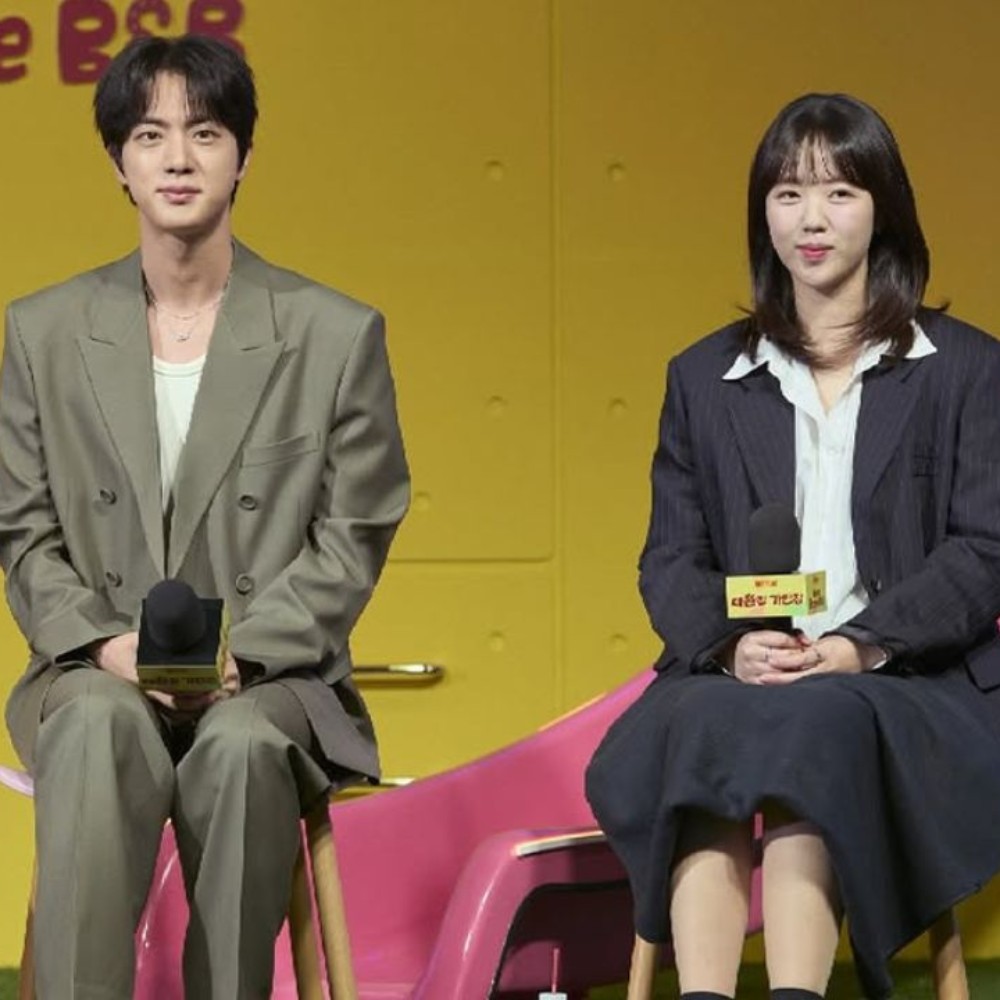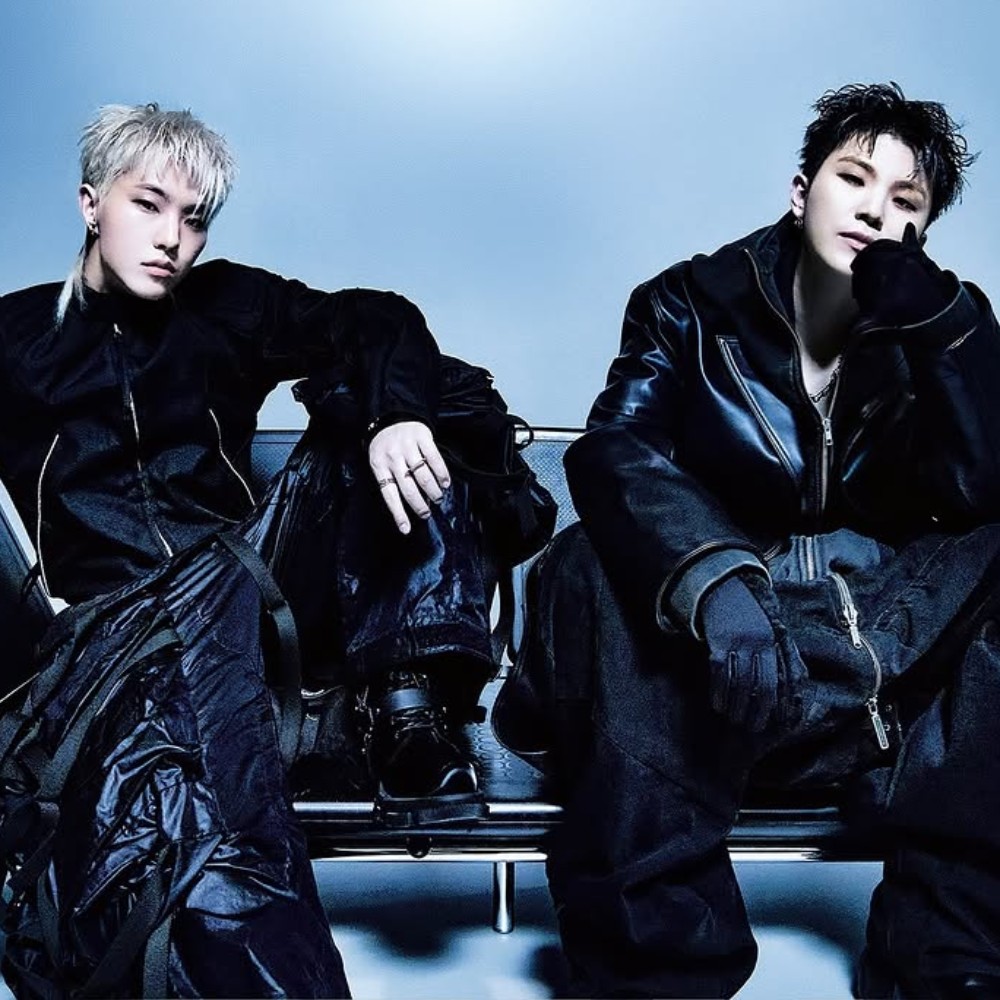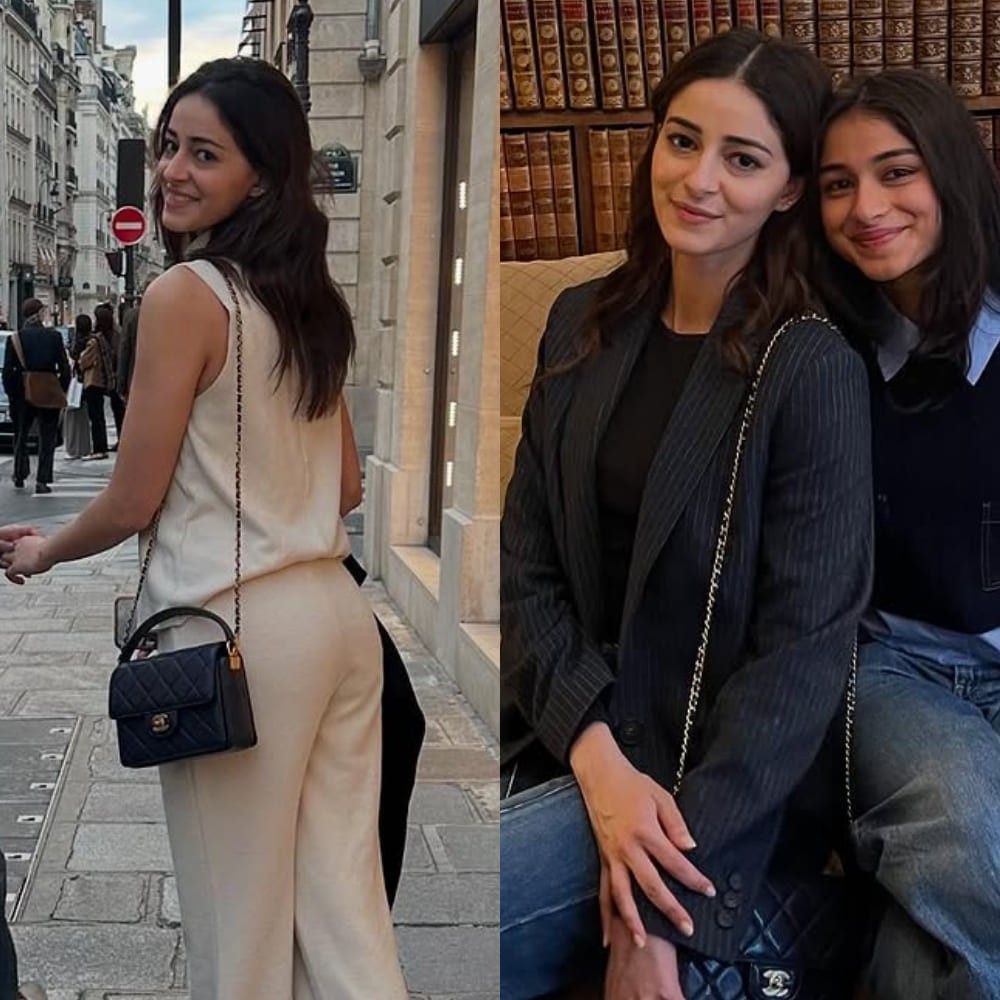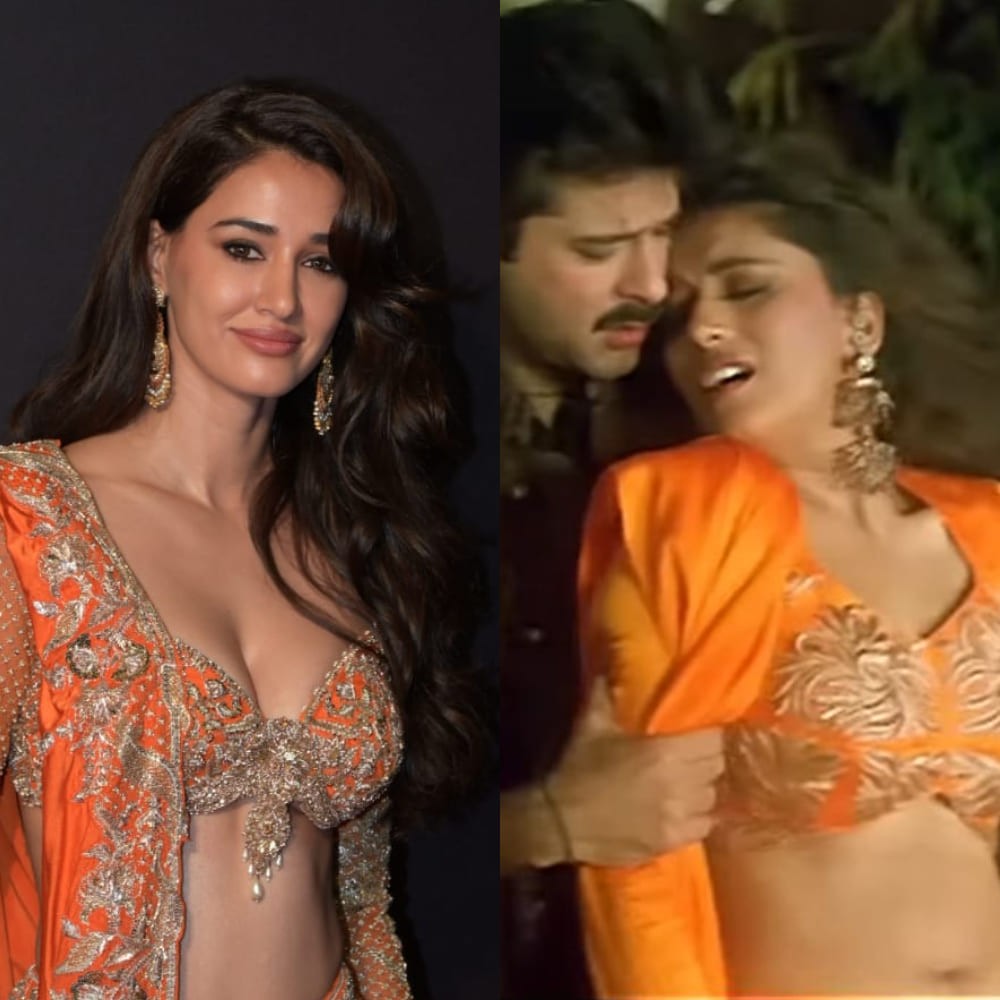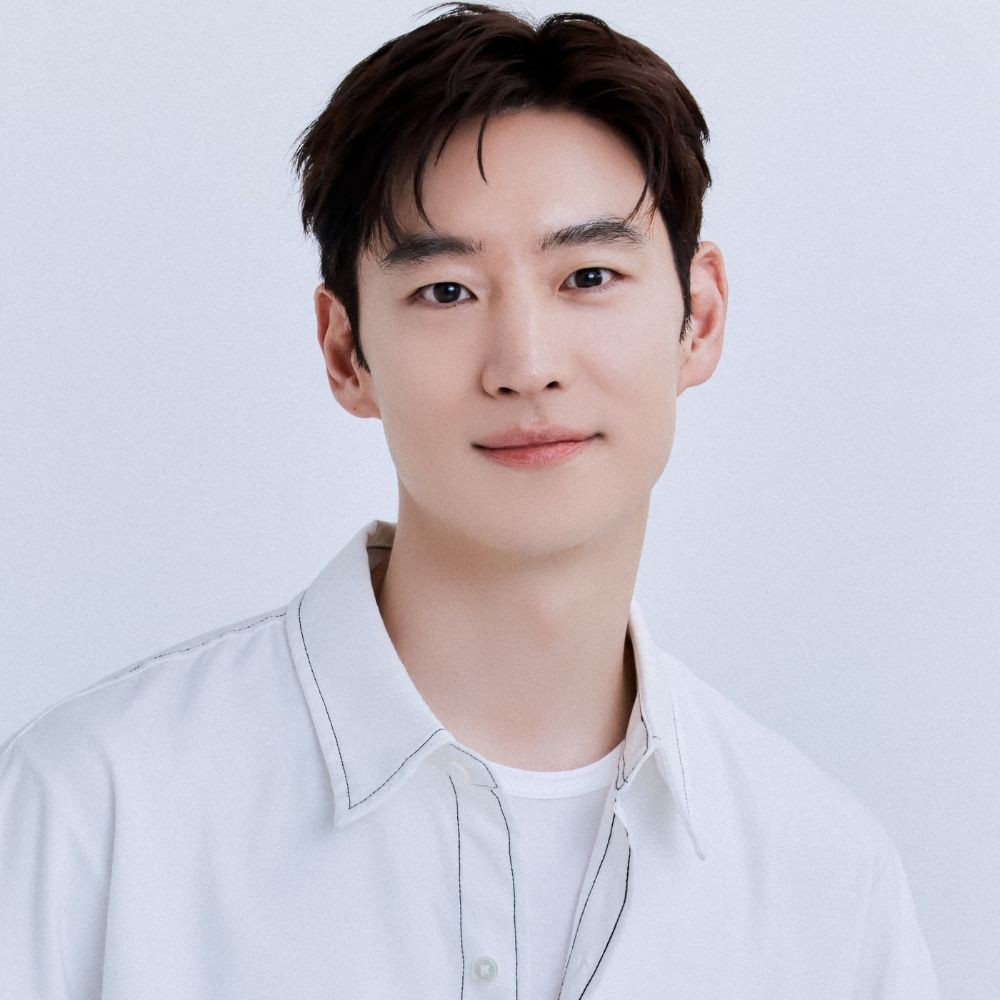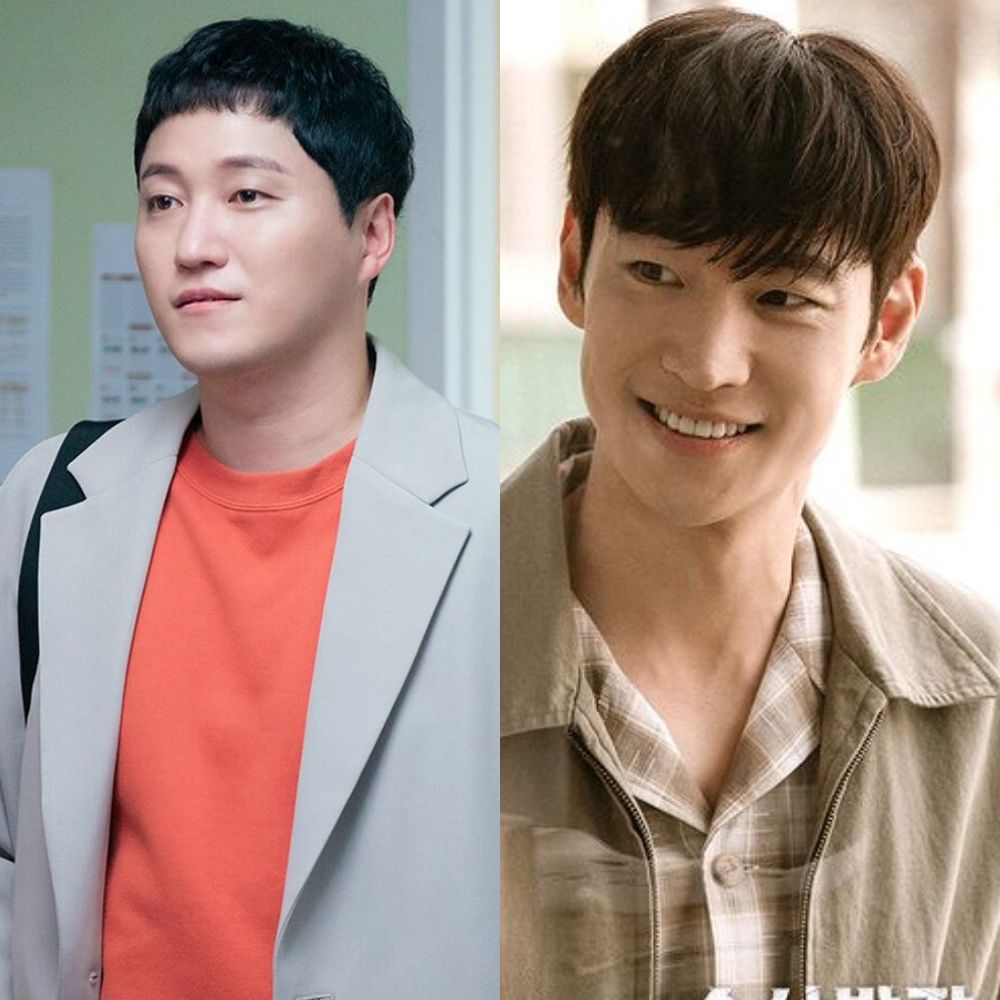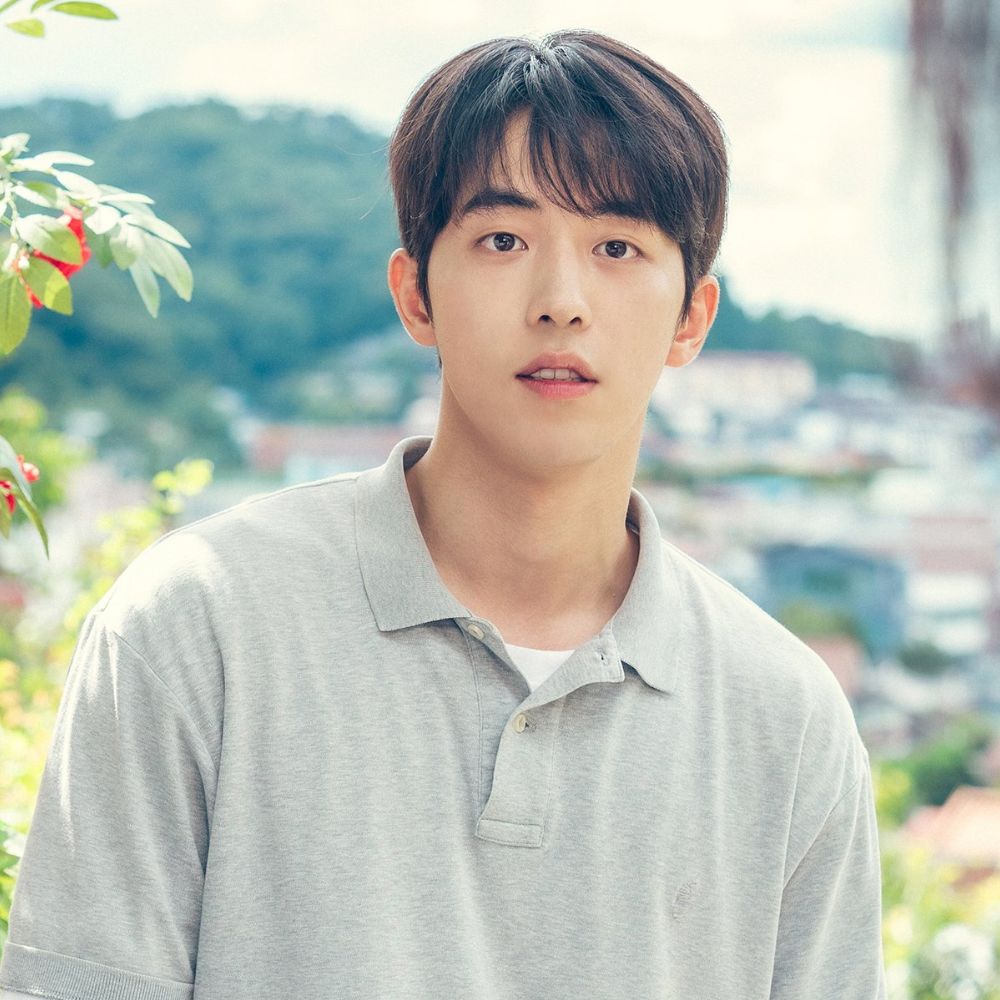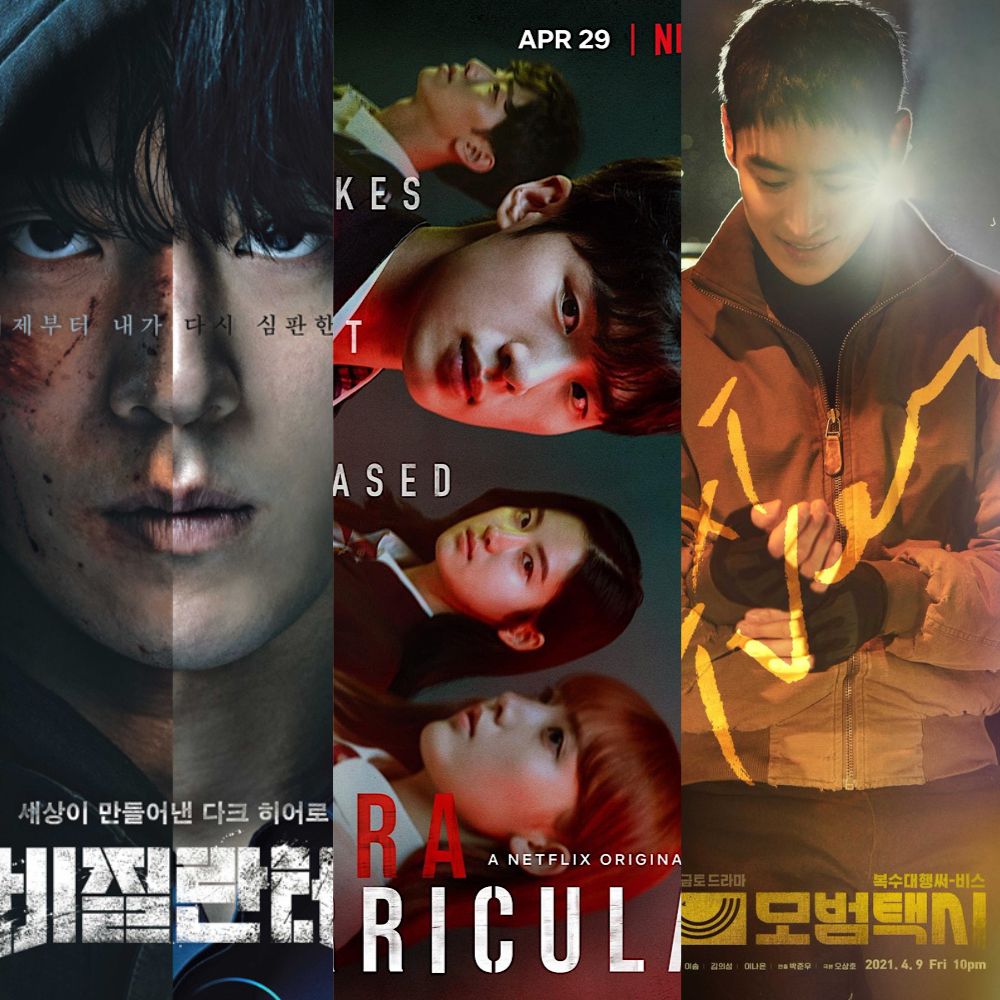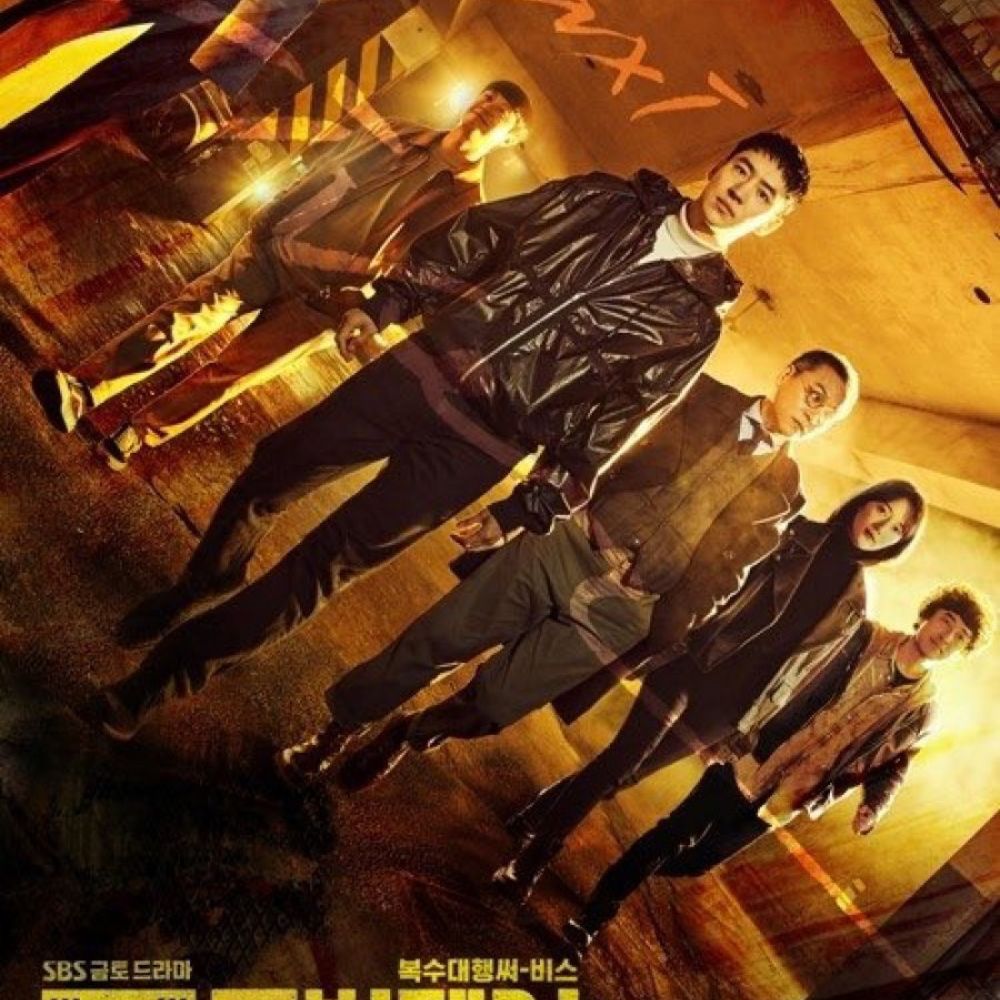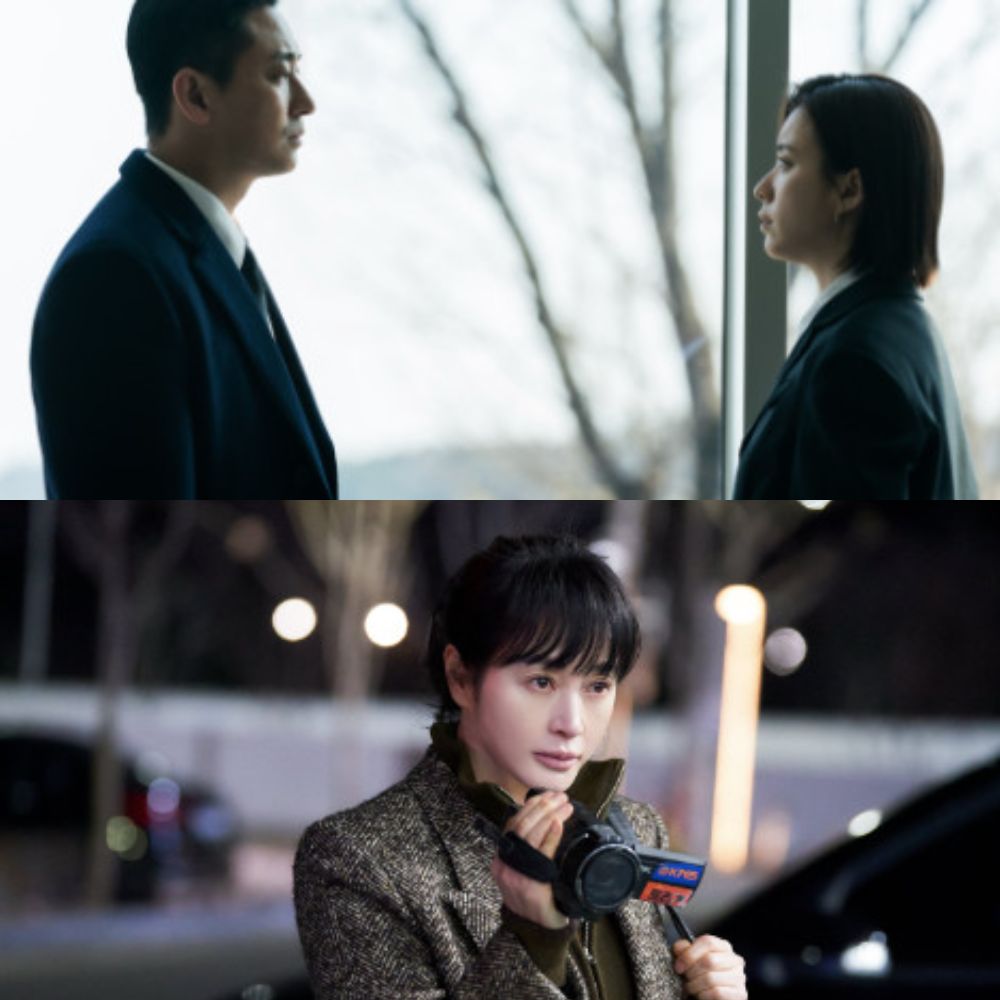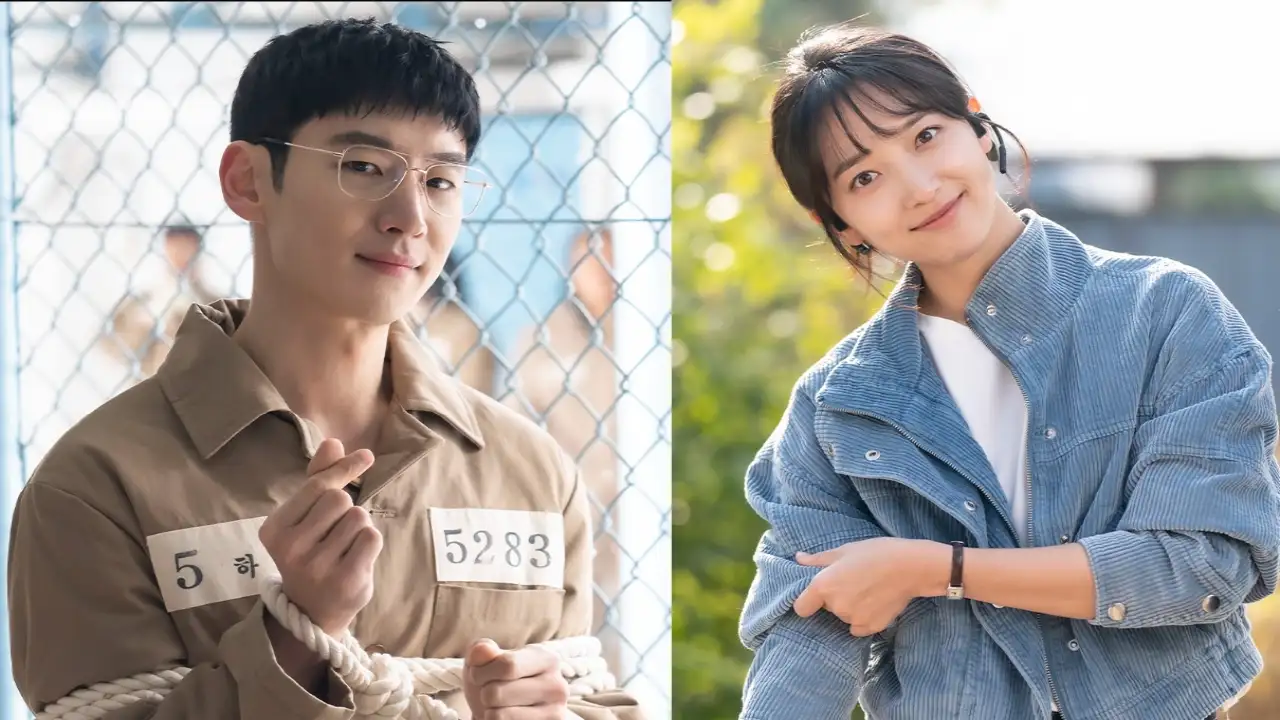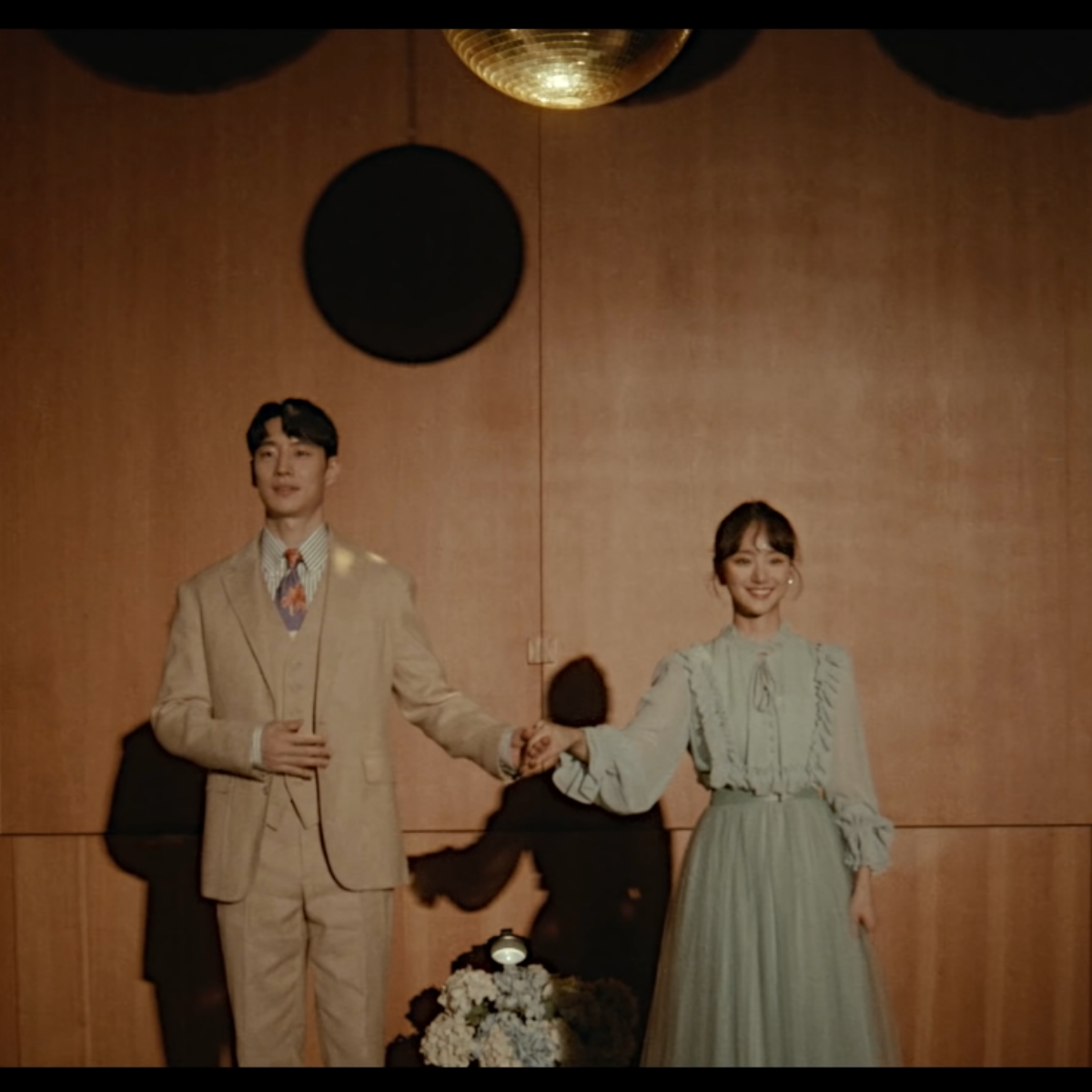8 Years Of Signal: Exploring the intense-creative thriller starring Lee Je Hoon, Jo Jin Woong, Kim Hye Soo
One of the best K-dramas of 2016, Signal completed eight years in the industry. Let’s take a look at why this Lee Je Hoon, Jo Jin Woong, and Kim Hye Soo starrer was a creative thriller masterpiece.
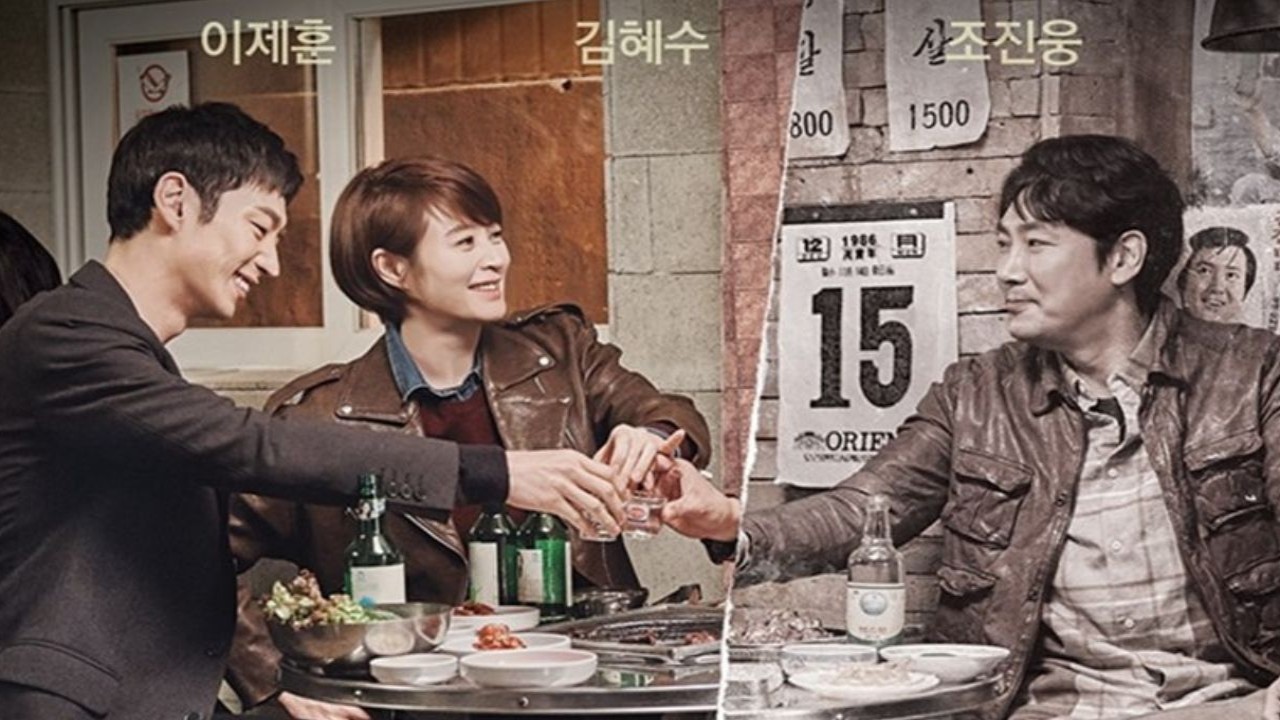
Signal, featuring Kim Hye Soo, Jo Jin Woong, and Lee Je Hoon, is a crime thriller that intricately weaves the past and present using a mysterious walkie-talkie. Praised by both audiences and critics for its compelling narrative and stellar performances, the series stands as one of the highest-rated Korean dramas in cable television history, reaching a peak audience viewership of 12.544 percent.
Plot of Signal
Criminal profiler Park Hae Young (Lee Je Hoon) unravels a kidnapping case involving a suspect who mysteriously vanishes after the crime, aided by a peculiar walkie-talkie. The success prompts the establishment of a cold case team led by Detective Cha Soo Hyun (Kim Hye Soo), determined to find her missing mentor, Detective Lee Jae Han (Jo Jin Woong), from the past 15 years. Collaborating with Jae Han through the walkie-talkie, Hae Young tackles unsolved cases, inadvertently triggering unforeseen consequences due to alterations in the past. Derived from the premise of the 2000 film Frequency and drawing inspiration from actual criminal incidents in Korea, such as the Hwaseong serial murders, the series aired on tvN from January 22 to March 12, 2016.
Unique use of fantasy and time alterations in Signal
Signal ventures into a storyline rarely explored by other shows, captivating its audience with a unique blend of police procedural and thriller elements. Inspired by real-life crime stories and murder cases, the drama skillfully weaves together two distinct timelines. The solid plot unfolds through various cases, all the while concentrating on a major one involving the central trio. The series delves into the intriguing concept of altering the past to influence the future.
Signal masterfully utilizes a special walkie-talkie, briefly connecting the past and present, adding richness and intrigue to the storytelling without actual time travel. The drama's execution of flashbacks and time-related elements is exceptional, achieving what many time-travel shows aim for – using this magic realism element to enhance the narrative rather than relying on it as a plot convenience.
Navigating the complex concept of time travel can be challenging, yet Signal adeptly avoids the pitfalls of contrivances and plot holes. The series provides clear answers to most questions surrounding this mechanic, establishing a simple and concise framework for communication with the past—specifically, a few minutes at random intervals at 11:23 pm. Additionally, the exploration of consequences for tampering with the past adds an unpredictable layer to solving cases, greatly benefiting the overall impact of the crime-thriller series.
Even without the walkie-talkie connection, the story stands strong, seamlessly interweaving crimes and characters in a thoughtful manner. Ultimately, it all ties back to themes of corruption, greed, and selfishness among those in power, creating a sense of social commentary.
While it may seem like another crime-solving time travel mystery on paper, Signal distinguishes itself with its profound emotional depth. The drama, at times gut-wrenching and frustrating, takes you on a roller-coaster of emotions that lingers long after you've finished watching.
What makes Signal a standout thriller?
Signal stands out as one of the most remarkable works by Kim Eun Hee, showcasing her specialization in the action/crime/thriller genre. This dark and intense drama serves as the epitome of a slow-burn masterpiece. As the plot unfolds, culminating in a stunning conclusion, viewers are left utterly speechless.
Signal exemplifies the art of taking a seemingly simple concept and innovatively running with it, delivering a wholly fresh and original take on the genre. Drawing inspiration from real-life criminal incidents, the series incorporates an air of authenticity into its cases. The clever interconnection of these cases adds an extra layer of brilliance to the storytelling. Beyond the glitz of cinematography, product placements, and high fashion, Signal derives its strength from elusive yet impactful elements. Fueled by exceptional writing and emotionally resonant characters, the series doesn't hinge on romantic clichés to captivate audiences. Instead, it ascends to new heights solely on the merits of its storytelling excellence.
The brilliance of Signal lies in Kim Eun Hee's meticulous plotting of every case, interaction, and detail spanning from the past to the present. The significance of talking at 11:23 every night holds a connection—it marks the hour and minute of Jae Han's death. Similarly, the reason Soo Hyun consistently fixes the same watch is rooted in a past event where Jae Han saved her life but was shot in the process, later gifting her the repaired watch. The narrative is rich with such little detail, even within the cases Jae Han and Hae Young work on. The planned revelation of these details before uncovering the "why" behind them enhances the viewer's appreciation for the setup, providing a well-timed payoff.
Signal initially aired to a modest audience, as the storyline didn't align well with product placement, leading major broadcasters to pass on the show. However, the cable network tvN took a chance, and during its 16-episode run, Signal emerged as one of the highest-rated series in Korean cable television history.
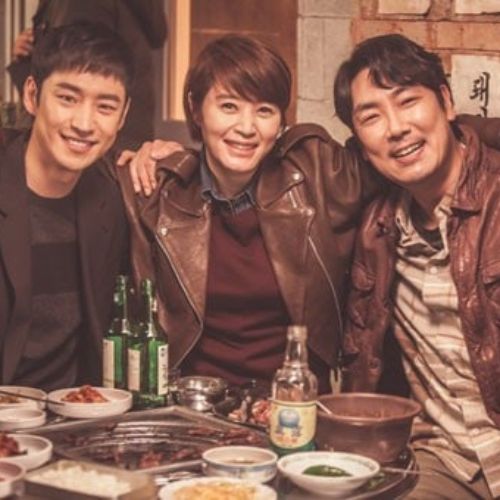
Acting performance in Signal
The entire cast delivered an outstanding performance in handling this drama, and a special shout-out goes to Jo Jin Woong. He essentially carried an entire storyline as the main character in the past timeline. Unlike having a genius IQ or the backing of supportive colleagues, he stood as a lone wolf in a corrupt police force. Despite his best efforts, he occasionally made mistakes, leading to devastating and often fatal consequences. However, the sincerity of his intentions to uncover the truth and ensure justice prevailed against all odds is what made his character truly moving. Jo Jin Woong may not fit the mold of a typical leading man, but he unquestionably won hearts with his performance.

There were moments where Lee Je Hoon's acting seemed a bit overcompensated. When we first meet Park Hae Yoon, he's portrayed as a delinquent police officer using his profiling skills to expose the dating lives of celebrities. He carries an air of superiority that initially comes across as extreme arrogance but later transforms into something even comical at times. The irony lies in his intense hatred for cops, viewing them as liars, scum, and mere time-wasters incapable of catching the right culprit. The standout aspect of the entire drama undoubtedly revolves around Lee Je Hoon's emotional acting. While there were instances where he may have seemed to overcompensate, overshadowed by the brilliance of other cast members, his portrayal of Park Hae Yoon made him truly stand out.
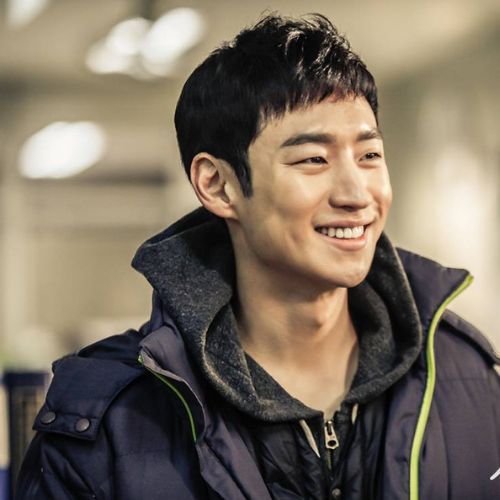
Kim Hye Soo delivered a fantastic performance, skillfully navigating the complexities of her character, who appears in both timelines. She adeptly portrayed the dual facets of Soo Hyun—the naive side, clearly in love with Jae Han in the past, and the jaded, hardened team leader in the present. Witnessing her growth from the past to the present was particularly intriguing.
Initially, Soo Hyun was a timid and inexperienced officer in an all-male precinct, her shortcomings a constant source of frustration for Lee Jae-han. However, she evolved into a clever and strong team leader, capable of going head-to-head with any criminal. Behind the armor she built over the years, Kim Hye Soo skillfully conveyed deep-seated vulnerabilities and a softness that added depth to her portrayal.
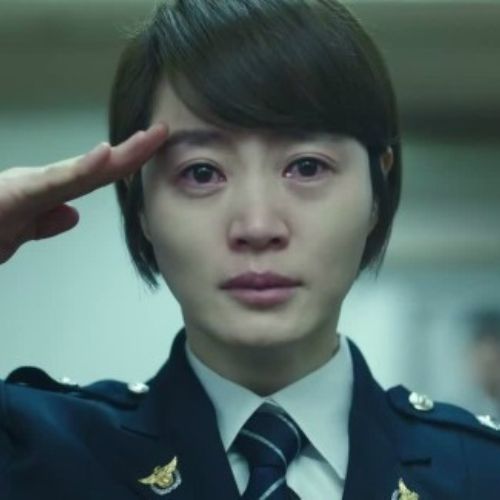
Stay updated with the latest Hallyu news on: Instagram, YouTube, Twitter, Facebook and Snapchat
ALSO READ: From Flower Of Evil to Signal and more; pick your favorite K-drama about detectives





 JOIN OUR WHATSAPP CHANNEL
JOIN OUR WHATSAPP CHANNEL









